When “Smart” Feels Like “Never Enough”
Some of the brightest children we meet at Breakthrough ADHD Center and ADHD BrainCode Center are also the hardest on themselves.
They get a 97 and cry because it wasn’t 100. They crumble after one small mistake. They say things like:
- “I’m terrible at everything.”
- “Why can’t I get it perfect?”
- “Everyone thinks I’m smart, but I’m not.”
This is not drama. This is perfectionism. And it hurts.

Why It Happens
Gifted ADHD children are often praised for their intelligence from a young age. But with that praise comes pressure.
1. Asynchronous development
They understand complex ideas but may lack emotional regulation. The mismatch creates frustration (Silverman, 1993).
2. Executive function gaps
They can visualize the ideal outcome — but struggle to execute it. That gap becomes self-blame (Barkley, 2015).
3. Dopamine dysregulation
Their brains crave the “perfect hit” of achievement. Anything less can feel like failure (Christiansen et al., 2019).
Left unchecked, this cycle creates a child who equates worth with perfection — and sees every flaw as proof they’re not good enough.
Strategy 1: Reframe Praise
Well-meaning praise like “You’re so smart” can backfire. It teaches them that being right is what matters most.
Instead, focus on effort and flexibility.
What to try
- Say “I noticed how hard you worked” instead of “You’re amazing.”
- Celebrate mistakes as learning moments
- Normalize struggle: “Even experts mess up. That’s how they grow.”
This shifts their focus from performance to progress.
Strategy 2: Gently Untangle Shame
Perfectionism is often a defense against deeper shame.
Counseling can help children identify those inner voices and begin to soften them.
In session, we focus on
- Naming the inner critic
- Practicing self-compassion scripts
- Exploring stories they’ve internalized about failure
Over time, this reduces the need to prove they’re worthy.
Strategy 3: Calm the Brain’s Inner Judge
Neurofeedback helps by regulating the very networks that fuel obsessive thinking and harsh self-monitoring.
We use:
- Frontal lobe training to support self-evaluation
- Alpha enhancement to reduce anxiety
- Midline protocols to support identity integration
Studies show neurofeedback can significantly reduce anxiety, perfectionism, and over-control in children with ADHD (Arns et al., 2009; Wu et al., 2024).
This isn’t about lowering standards. It’s about helping the brain reset its own expectations.

Final Thoughts
Gifted ADHD children don’t need to be perfect. They need to be understood.
When we meet their drive with grace, structure, and brain-based tools — they grow into resilient, self-aware thinkers.
Let’s raise children who know they are enough, even when things aren’t perfect.
Sammy Oh, PhD DNM
Founder, Breakthrough ADHD Center and ADHD BrainCode Center
Certified Biofeedback Practitioner
Truebearing Approved Neurofeedback Therapist
Functional Nutritionist
If this blog resonated with you and you’re ready to take the next step, we invite you to connect with our team.
We offer personalized support, parent coaching, and neurocognitive tools tailored for gifted ADHD children.
Let’s explore what’s possible together.
Click here to connect with us through our secure web form
References
Arns, M., de Ridder, S., Strehl, U., Breteler, M., & Coenen, A. (2009). Efficacy of neurofeedback treatment in ADHD: the effects on inattention, impulsivity and hyperactivity. Clinical EEG and Neuroscience, 40(3), 180–189.
Barkley, R. A. (2015). Attention-deficit hyperactivity disorder: A handbook for diagnosis and treatment (4th ed.). Guilford Publications.
Christiansen, H., Hirsch, O., Albrecht, B., & Chavanon, M. L. (2019). Attention-deficit hyperactivity disorder and emotion regulation over the life span. Current Psychiatry Reports, 21(3), 1–11.
Silverman, L. K. (1993). Counseling the gifted and talented. Love Publishing Company.
Wu, G., He, Q., Li, D., Zhang, Z., Miao, J., & Shu, Y. (2024). Comparative Efficacy of Neurofeedback Interventions for Attention-Deficit/Hyperactivity Disorder in Children: A Network Meta-Analysis. Brain and behavior, 14(12), e70194.










